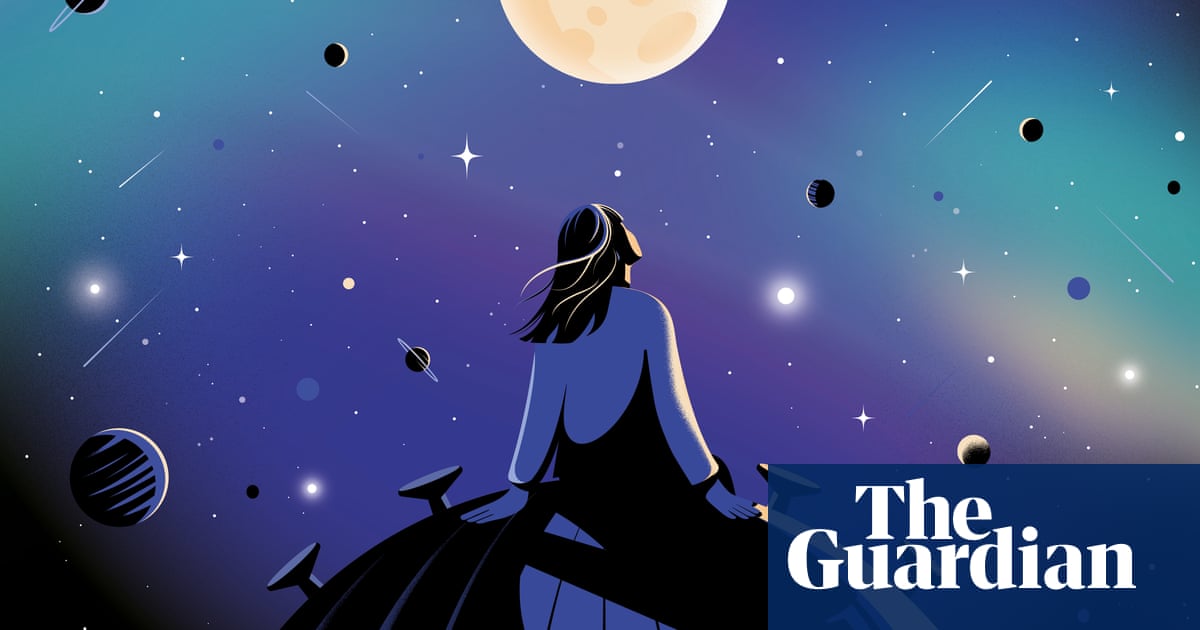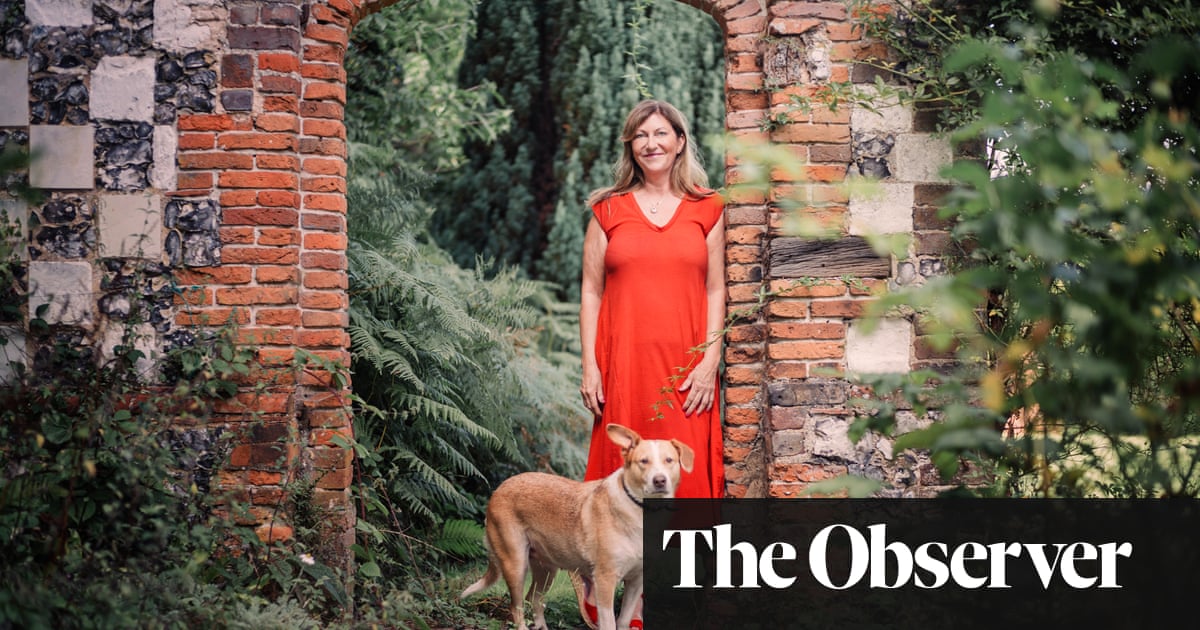
James Bond’s next mission should be a TV spin-off as 007 contemplates his future in the streaming era, according to experts, but the secret agent’s gatekeepers are wary of moving away from the multiplex.
The Bond films have proved a consistent draw for millions of cinemagoers since Dr No was released nearly 60 years ago, with the last two entries in the franchise, Skyfall and Spectre, making a combined $2bn (£1.5bn) at the global box office.
However, the rise of Netflix, Disney+, Apple TV+ and Amazon Prime is already reshaping Hollywood as studios scramble to launch their own streaming services and spin-offs. Last year, Netflix’s subscriber numbers rose 22% to 203 million while worldwide box office revenues, hammered by Covid, fell by more than two-thirds.
The world’s biggest film studio, Disney, has achieved critical success with the Marvel offshoot Wandavision and the Star Wars series The Mandalorian on its Disney+ platform, with streaming experts pointing to Bond as an obvious candidate for the switch to TV after his 26th outing in No Time to Die.
“There is always value in expanding the universe of IP due to superfans and audiences for different mediums,” says Andrew Uerkwitz of the US financial firm Jefferies, who adds that Marvel’s successful move into films, TV and video games indicates the potential.
“It would make sense to do the same with the Bond series.”
Singling out Disney’s TV success with the Marvel and Star Wars brands, Michael Pachter, a Netflix analyst at the investment firm Wedbush Securities, says: “I think that valuable IP [intellectual property] and valuable brands can be very successful if used across multiple formats. And absolutely, Bond is that valuable because it has lasted nearly 60 years. It’s a lasting franchise.”
Expectations of a Bond spin-off were raised this year when Amazon bought the studio that distributes the franchise, MGM, for $8.5bn (£6.2bn). This gave Jeff Bezos’s e-commerce behemoth co-ownership of the films with Eon Productions, a family-run business controlled by Barbara Broccoli – the daughter of the original Bond producer, Albert R Broccoli – and her half-brother Michael G Wilson.
Eon retains creative control of the franchise, right down to who plays Bond, the marketing campaigns behind the films and whether 007 appears in a mini-series. So far, Broccoli and Wilson have ruled out a TV foray, even with the backing of a new business partner that is spending $465m alone on one series of its Lord of the Rings TV adaptation.
When Total Film asked Broccoli this year whether she was against a spin-off, she said: “You got it. We make films. We make films for the cinema. That’s what we do.” Wilson added: “We’ve resisted that call for 60 years.”
One British producer with experience of making programmes for streamers, meanwhile, suggests a TV 007 could be construed as “Bond-lite”.
“One of the unique selling points of Bond is it is sumptuous and at massive scale,” says Kate Harwood, the managing director of Euston Films, which has made shows for the US streaming service Hulu.
“I say this with love, but you wouldn’t want to be turning it into Spooks, or [Amazon’s] Jack Ryan. They’re great but doing it with Bond I think you would be cruising for a bruising. It is a brand, a movie brand, but of course you could. But it is not about could. With the Marvel Universe there are lots of different characters and producers can go in at many different levels, but there is only one Bond.”
Instead, Bezos and Amazon – which has 200 million Prime subscribers worldwide – are likely to focus on other MGM properties among the newly acquired studio’s 17,000 TV shows and 4,000 films, which include the Rocky series, Legally Blonde, The Pink Panther and Robocop.
Announcing the deal in May, Bezos said he looked forward to “reimagining” MGM’s vast back catalogue for the 21st Century.
But for the James Bond franchise, the next reincarnation will be whoever replaces Daniel Craig – on the big screen.
Franchise conundrums
Franchises are not just the backbone of today’s cinema but its entire eco-skeleton. Yet how film-makers navigate the evolution of a known brand without alienating nostalgists can decide whether they are set for life or cancelled for ever.
Rocky
Bond’s gatekeepers can take inspiration from the happy makeover of one of MGM’s key brands. Forty years after Sylvester Stallone’s pugilist threw his first punch, the studio released Creed, starring Black Panther’s Michael B Jordan, directed by the Oscar-nominated Ryan Coogler, and featuring Stallone – and many of the original cast in supporting roles. The strong dotted line to the first films sated fans and kept things kosher, but the franchise was successfully freshened, diversified and lent real credibility by the canny choice of the cast and crew.
Harry Potter
Substantial revenue lies untapped in the JK Rowling’s universe, currently hobbled by controversies surrounding the author’s own views, and the tarnished reputation of Johnny Depp, the star of the prequel series Fantastic Beasts (replaced by Mads Mikkelsen for the third instalment). Further diversification will be a prerequisite to bring along the generation that grew up with the first Harry Potter films. The eventual transfer of Rowling’s Cursed Child sequel stage plays to the cinema requires immaculate management.
Pink Panther
MGM’s chief untapped asset is the slapstick classics starring Peter Sellers as a hapless detective – which for a younger audience may play like relics from an unimaginably baffling (and dubious) era. Yet this lack of brand awareness may be an advantage for a modern update: clear blue water can easily be pumped between any new iteration and the movies still revisited by a substantially older generation.
Star Wars
Hardcore Star Wars fans are second only to James Bond devotees when it comes to keeping the film-makers up to speed with their suggestions. But while Daniel Craig’s appointment sparked a relatively inoffensive blog outraged by the prospect of a blond Bond, many of the new Star Wars cast – were subject to large-scale racist hate campaigns. How the franchise can evolve while keeping traditionalist aficionados on side presents a considerable challenge.
Fast & Furious
The unlikely success of the soapy saga about a group of ethnically mixed pals in small vests and whopping motors will finally run out of gas in 2024, with a two-part, 10th film finale. Creative later hires such as Jason Statham, Charlize Theron and Helen Mirren have broadened the appeal, but the post-2024 future looks uncertain, with most of the key cast then well into their 50s. A series featuring their sprogs seems the obvious initial offering; a stage transfer involving huge trucks met with mixed reviews.












